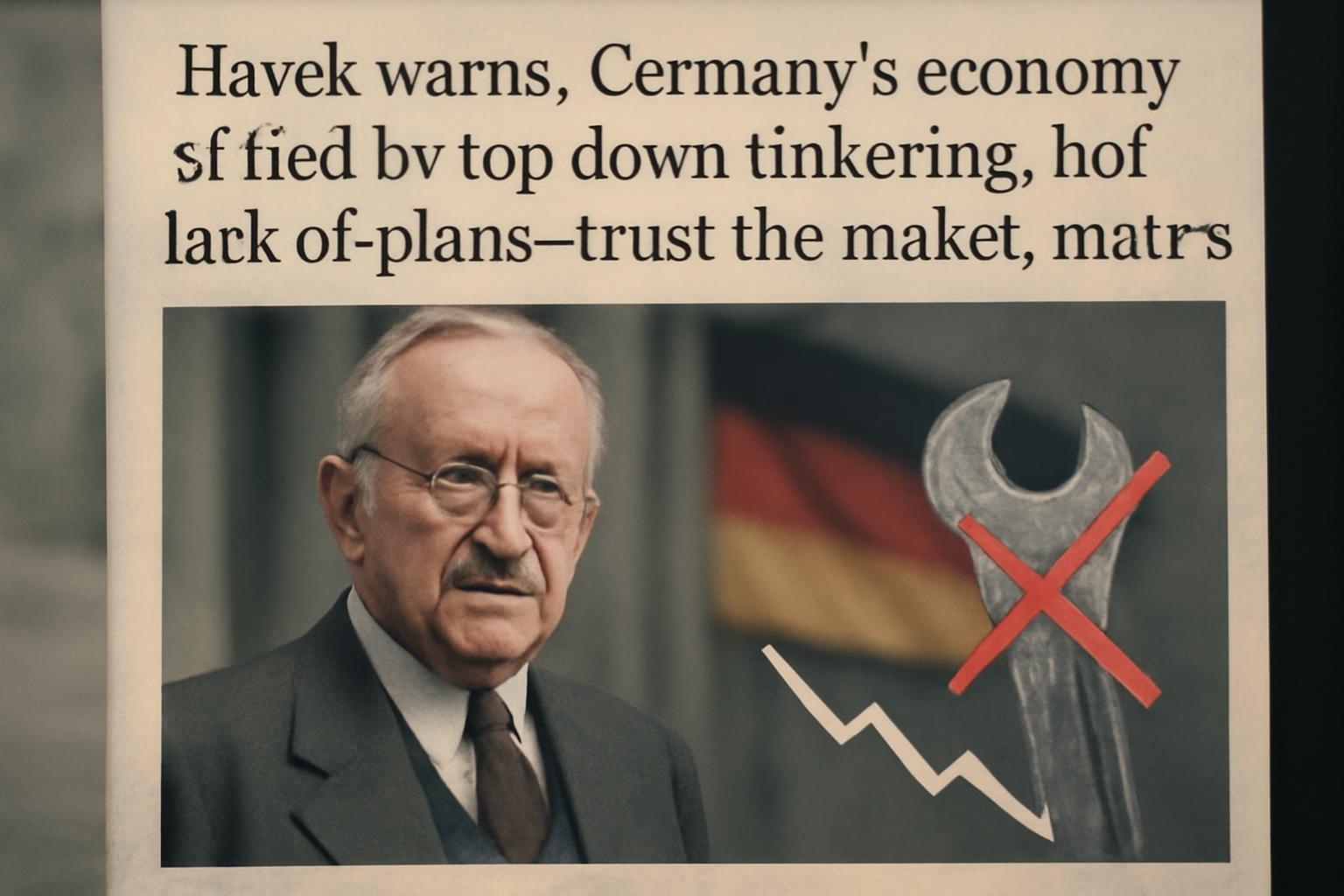The new German Minister for Economic Affairs, Katherina Reiche, is making a concerted effort to understand the daily realities of German industry by touring factories and discussing reform with business leaders. She wishes to project an image of pragmatic engagement, aware that decades of economic malaise—stagnation followed by a fresh recession—will not be remedied with the wave of a hand. Her notable proposal to raise the retirement age is favored by some industry leaders but has already met with fierce resistance from various quarters, including her own party. As criticism mounts, she shifts to more tentative language and promises careful commission work on these issues. Meanwhile, the government touts a package of ‘growth boosters’—tax cuts, cheaper energy—to spur investment and stimulate a troubled economy. Reiche herself stresses the importance of cost-efficient energy reform and insists on the necessity of new gas plants, drawing the ire of green factions and the opposition. She is cautious, almost reticent, in public, unlike her predecessor, and notably reticent to offer concrete solutions on pension reform, given the looming demographic crisis.
What lesson am I, Friedrich August von Hayek, to draw from this tableau? First and foremost, the very fact that we see a minister shuttling from one industrial concern to another, personally auditioning reforms and policies, underscores a persistent—and dangerous—belief: that economic recovery is best engineered from above by the benevolent hands of politicians and bureaucrats. This hubris of control ignores what I have always asserted: no one individual, no matter how diligent or well-meaning, can ever possess the knowledge required to “steer” a nation’s economy effectively. Our productive order, our very prosperity, does not arise from the pronouncements of ministers in Berlin but from millions of decentralized decisions by individuals and firms, each guided by their own knowledge and incentives.
Raising the retirement age to save the pension system might well be a necessary, if politically toxic, step—but to treat this as something that can be “decided” by government commissions exposes the folly at the heart of our modern statecraft: an endless expansion of technocratic tinkering, layering commission upon commission, forever postponing the reckoning with reality. Demographics are implacable. One cannot legislate away the laws of arithmetic. The present system, long shielded from genuine price signals and individual autonomy, is unsustainable without frank recognition of limits—and yet even as she admits the need for reform, Minister Reiche recoils from clarity or innovation.
The same error infects the energy debate. The tendency to view energy supply and industry’s needs as problems that a handful of cost-benefit studies and government interventions can “solve” is dangerously myopic. The energy transition is not something that can be centrally charted and commanded. True, we must face hard realities about reliability and cost, but the answer is not more dirigiste management, nor a perpetual cycle of subsidies and regulatory tweaks to favor one technology or business model over another. What is needed is the liberation of competition and discovery: let prices, not planners, reveal where scarce resources are best put to use.
And what of the claim that the government can revive growth simply by sprinkling a few incentives and boosting “confidence”? Growth, like knowledge, is never a product of the state alone. It is the result of a framework—open markets, stable rules, the rule of law—within which free people can pursue their aims. The minister’s tour may supply good press and the illusion of action, but it cannot substitute for a revival of the spontaneous order. Bureaucratic self-restraint, clear property rights, and the humility to leave room for unintended, bottom-up solutions—these, not a minister’s itinerary or her carefully hedged statements, are the true “growth boosters” for a free society.
Germany’s predicament is not a lack of plans or commissions; it is the burden of excessive interventions forestalling what I have always warned against: the serfdom of technocratic overreach and the eclipse of the market’s quiet wisdom. Only by trusting individuals, rather than perpetually studying and steering, can the economy hope to recover its lost dynamism.
